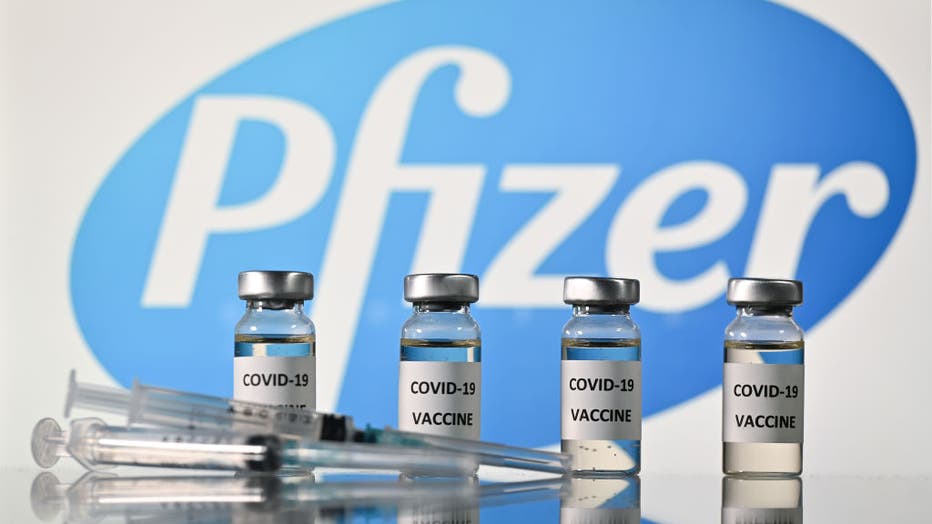Pfizer requests emergency use of its COVID-19 vaccine from U.S. government
Pfizer said Friday it is asking U.S. regulators to allow emergency use of its COVID-19 vaccine, starting the clock on a process that could bring limited first shots as early as next month and eventually an end to the pandemic -- but not until after a long, hard winter.
The action comes days after Pfizer Inc. and its German partner BioNTech announced that its vaccine appears 95% effective at preventing mild to severe COVID-19 disease in a large, ongoing study.
The companies said that protection plus a good safety record means the vaccine should qualify for emergency use authorization, something the Food and Drug Administration can grant before the final testing is fully complete. In addition to Friday's FDA submission, they have already started "rolling" applications in Europe and the U.K. and intend to submit similar information soon.
"Our work to deliver a safe and effective vaccine has never been more urgent," Pfizer CEO Albert Bourla said in a statement.

An illustration picture shows vials with Covid-19 Vaccine stickers attached and syringes with the logo of US pharmaceutical company Pfizer, on November 17, 2020. (Photo by JUSTIN TALLIS / AFP) (Photo by JUSTIN TALLIS/AFP via Getty Images)
With the coronavirus surging around the U.S. and the world, the pressure is on for regulators to make a speedy decision.
"Help is on the way," Dr. Anthony Fauci, the top U.S. infectious disease expert said on the eve of Pfizer's announcement, adding that it's too early to abandon masks and other protective measures. "We need to actually double down on the public health measures as we're waiting for that help to come."
Friday's filing would set off a chain of events as the FDA and its independent advisers debate if the shots are ready. If so, still another government group will have to decide how the initial limited supplies are rationed out to anxiously awaiting Americans.
How much vaccine is available and when is a moving target, but initial supplies will be scarce and rationed. About 25 million doses of the Pfizer vaccine may become available in December, 30 million in January, and 35 million more in February and March, according to information presented to the National Academy of Medicine this week. Recipients will need two doses, three weeks apart.
Not far behind is competitor Moderna Inc.'s COVID-19 vaccine. Its early data suggests the shots are as strong as Pfizer's, and that company expects to also seek emergency authorization within weeks.

